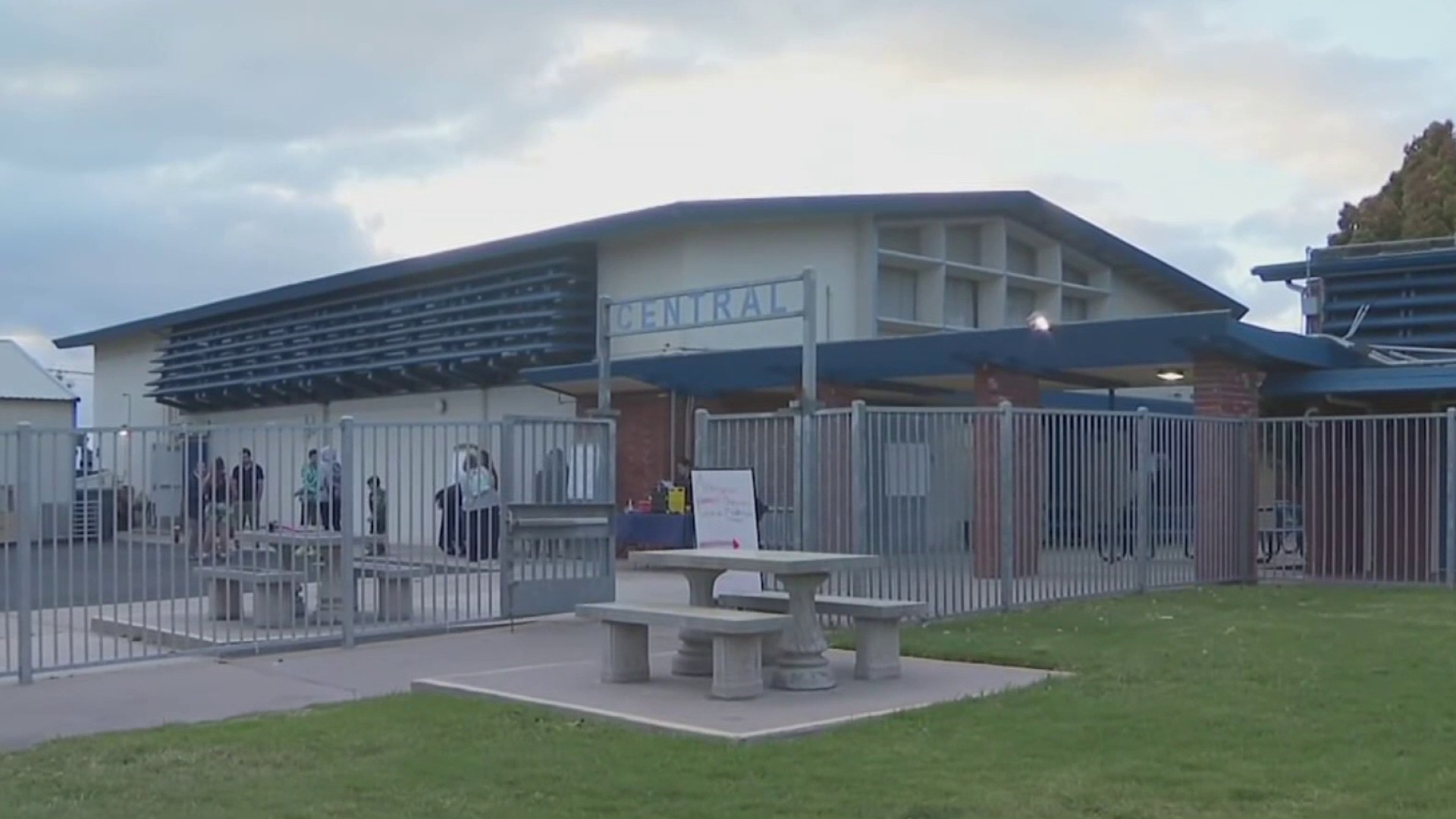Under California law, resisting, delaying, or obstructing a police officer, while they are doing their job, can also be a stand-alone crime. There doesn't have to be an underlying charge.
Captain Jeff Jordon from the San Diego Police Department said willfully resisting, delaying and obstructing an officer can jeopardize life-saving emergency services being provided, hamper evidence being collected and inhibit criminal investigations.
NBC 7 Investigates looked at seven years of police data and found out San Diego police are arresting one group of people for this misdemeanor offense more often than others.
The data shows blacks are 10 times more likely than whites to be arrested for resisting, delaying, or obstructing a police officer.
Last year, 228 people in San Diego were arrested for resisting, delaying or obstructing an officer while they were doing their job.
Breaking that number down: 81 blacks were arrested, 78 Hispanics and 54 whites.
“When a black person is being arrested and you see he is not resisting they say ‘stop resisting, stop resisting,'" community activist Bishop Cornelius Bowser said. "That's one of the first things they say is ‘stop resisting’ and you’re like 'I am not resisting man.'”
Local
Bowser said there are reasons why more blacks are arrested for resisting or obstructing a police officer.
“We believe a lot of this plays into the officers implicit bias," Bowser said. "It's a culture that is embedded in law enforcement that when they see a black person, they see crime right?”
Bowser said resisting, delaying, and obstructing officers can be abused by police to justify arrests, and it may be a way to lend legitimacy to controversial arrests.
There are also situations in which a person and an officer have different perceptions of what's happening. If that person responds slowly, or reluctantly, that difference of opinion can lead to an arrest.
Jordon said each arrest, regardless of race, is "a result of a unique set of circumstances, and every arrest requires probable cause that is reviewed by a supervisor."
If you're found guilty of resisting, delaying or obstructing an officer, you can be fined up to a $1,000 and spend up to a year in jail.



